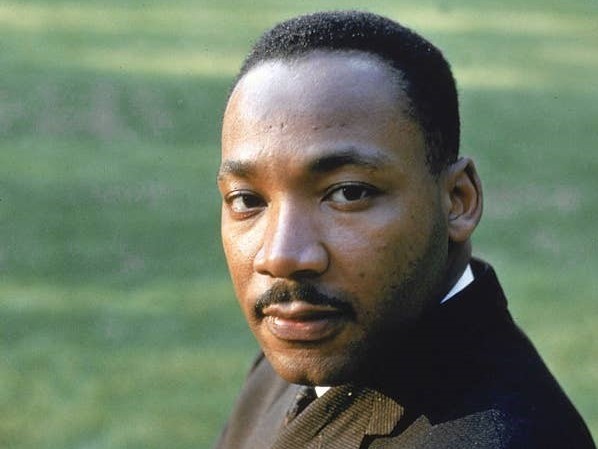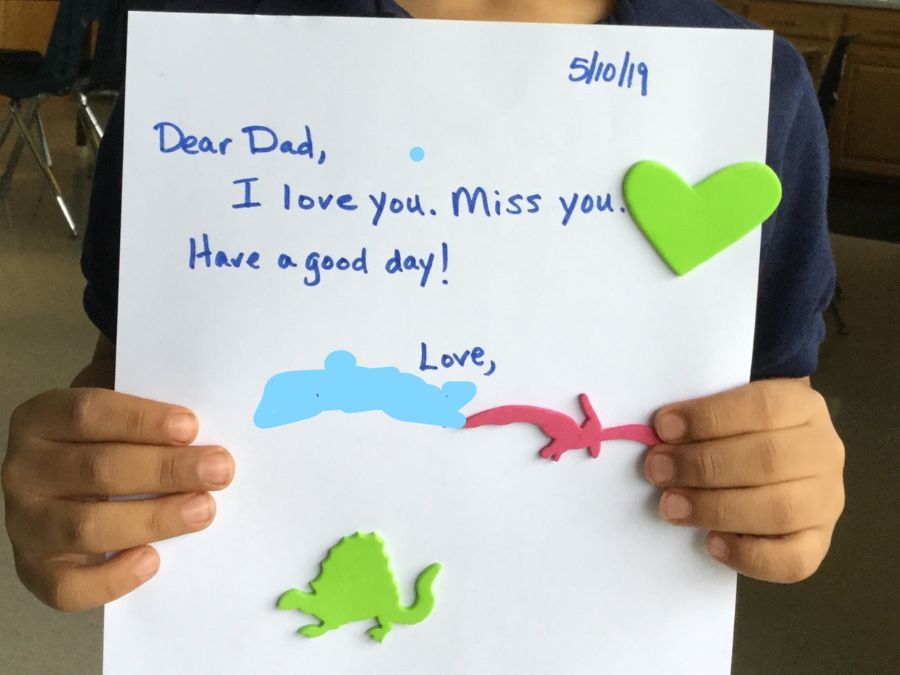
“For those who are telling me to keep my mouth shut, I can’t do that…I’m not going to segregate my moral concerns. And we must know on some positions, cowardice asks the question, ‘Is it safe?’ Expediency asks the question, ‘Is it politic?’ Vanity asks the question, ‘Is it popular?’ But conscience asks the question, ‘Is it right?’ And there’re times when you must take a stand that is neither safe nor politic nor popular, but you must do it because it is right.”
Martin Luther King Jr.
May 10, 1967
In the speech from which the above excerpt was taken (full speech published here), Dr. King began by laying out three evils he sought to address: “the evil of racism, the evil of poverty, and the evil of war.” These three evils were, and are, interconnected; Dr. King saw the fight for racial justice as inseparable from movements for economic justice. He worked to rid society of excessive capitalism, racism, and militarism in order to center the dignity of everyone, regardless of race or class. And though we may now honor Dr. King, his views made him an unpopular figure in the years leading up to his assassination. In 1966, a Gallup poll found that nearly 2/3 of Americans disapproved of Dr. King. After the 1963 March on Washington for Jobs and Freedom, 74% of Americans were convinced that such mass demonstrations were detrimental to achieving racial justice. From 1963 up to the end of his young life, the FBI heavily surveilled Dr. King, seeking to discredit both the man and his work.
Monday, January 18, marked Dr. King’s birthday, thanks to Coretta Scott King’s tireless work for a national holiday, among many other initiatives. This year, he would have been 92. As we reflect on his legacy, we both remember the strides he made during his lifetime, as well as the distance we have yet to travel. Here at the HOPE National Resource Center, we see how positive childhood experiences for all require justice and equality across race, class, gender, sexuality, and ability. The 4 Building Blocks of HOPE (nurturing caretaker, peer, and adult relationships; safe, stable, and equitable environments to live, learn, and play; social/civic engagement; and opportunities for social and emotional growth) are often disrupted by the effects of systemic racism and oppression—including disenfranchisement of communities of color, police brutality, and interpersonal and systemic discrimination in housing, employment, education, and healthcare. Significant health disparities between Black and White children and adults persist to this day.
As we have seen from this past year, as well as throughout history, addressing the roots of these systemic problems requires dismantling White supremacy, racism, and discrimination at all levels—from individuals to institutions to systems. As Dr. King’s son, Martin Luther King III, stated in a recent video op-ed published by the New York Times, “If you really want to celebrate Martin Luther King Jr. day and the principles my father stood for, our whole government needs to step up.” We all need to step up—Dr. King and the countless other activists of his time serve as teachers to our current efforts, and it is up to us to continue working toward social justice. This social and civic engagement, a Building Block of HOPE, is not only beneficial to children’s development, but it also allows us to create a better, more just world in which to live.
Taking cue from the thousands who participated in the Poor People’s Campaign, boycotted buses in Montgomery, and demonstrated for civil rights in the 1950s and 60s—as well as from those protesting police brutality and spurring on the Black Lives Matter movement—it is only when we take a stand for what is right, regardless of whether it is politic or popular, that we can ensure positive childhood experiences for all children and families.
Photo: Howard Sochurek/The LIFE Picture Collection/Getty Images


